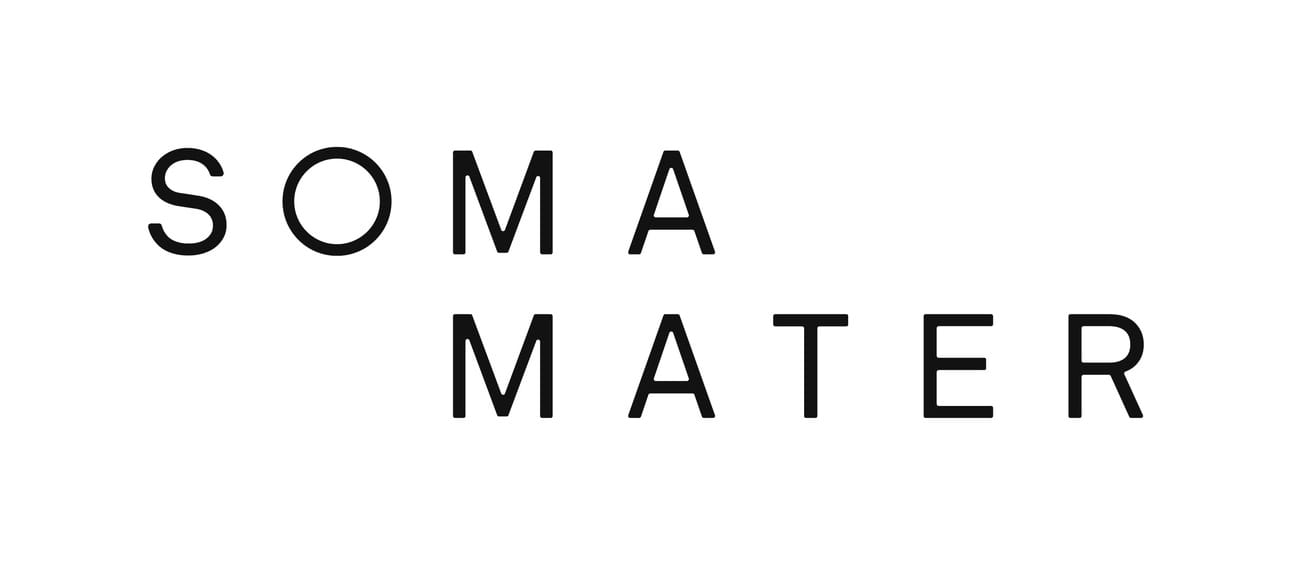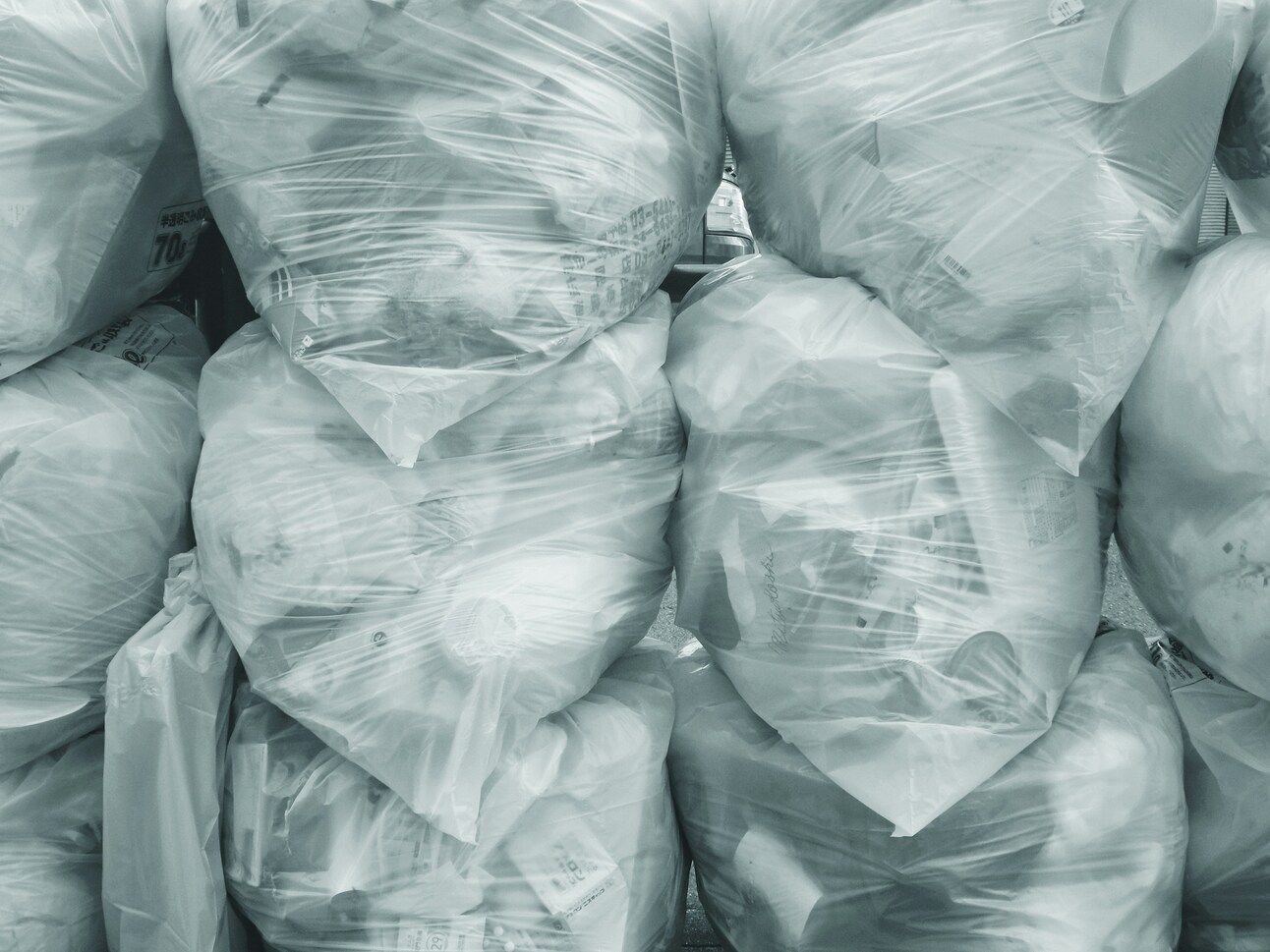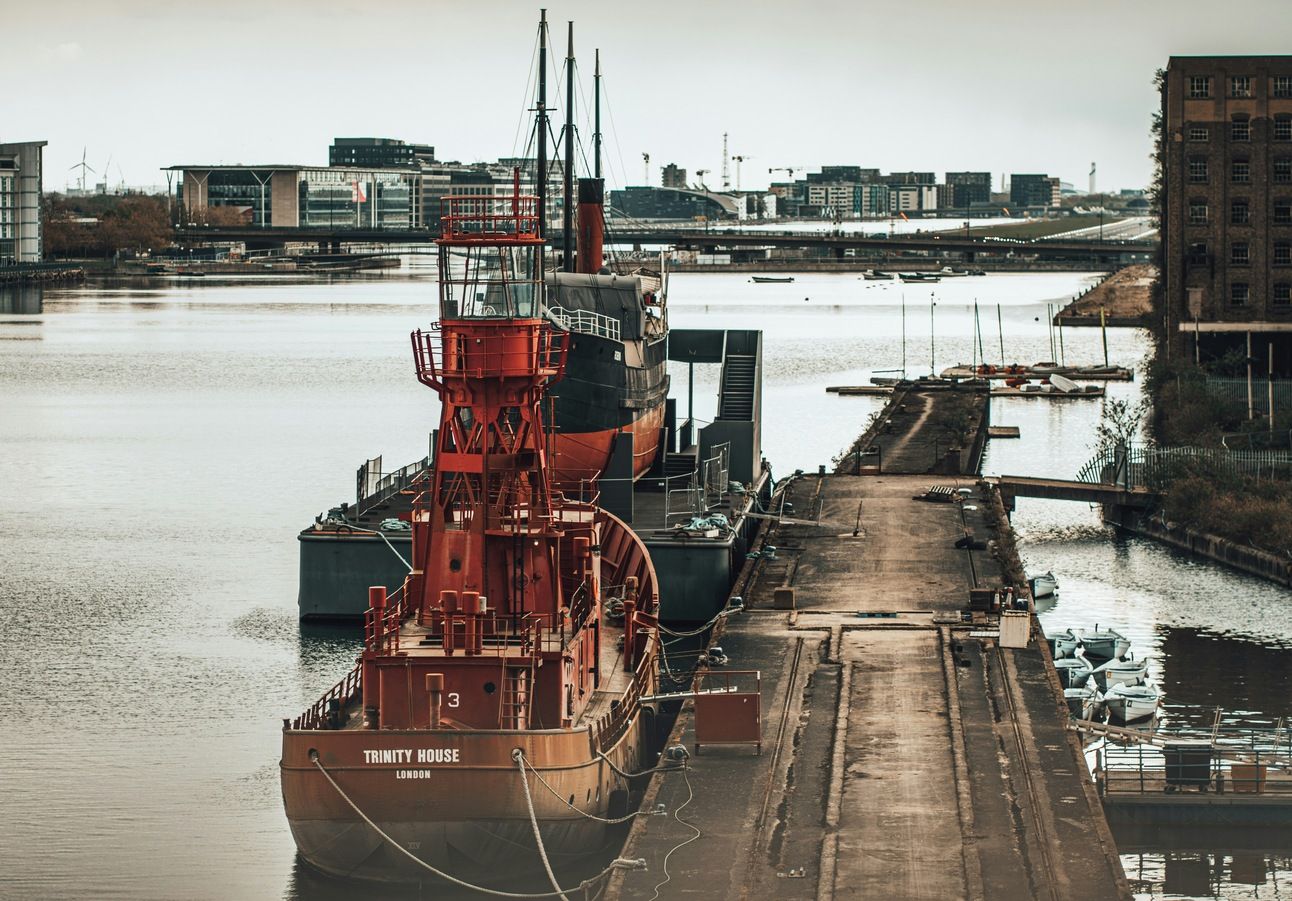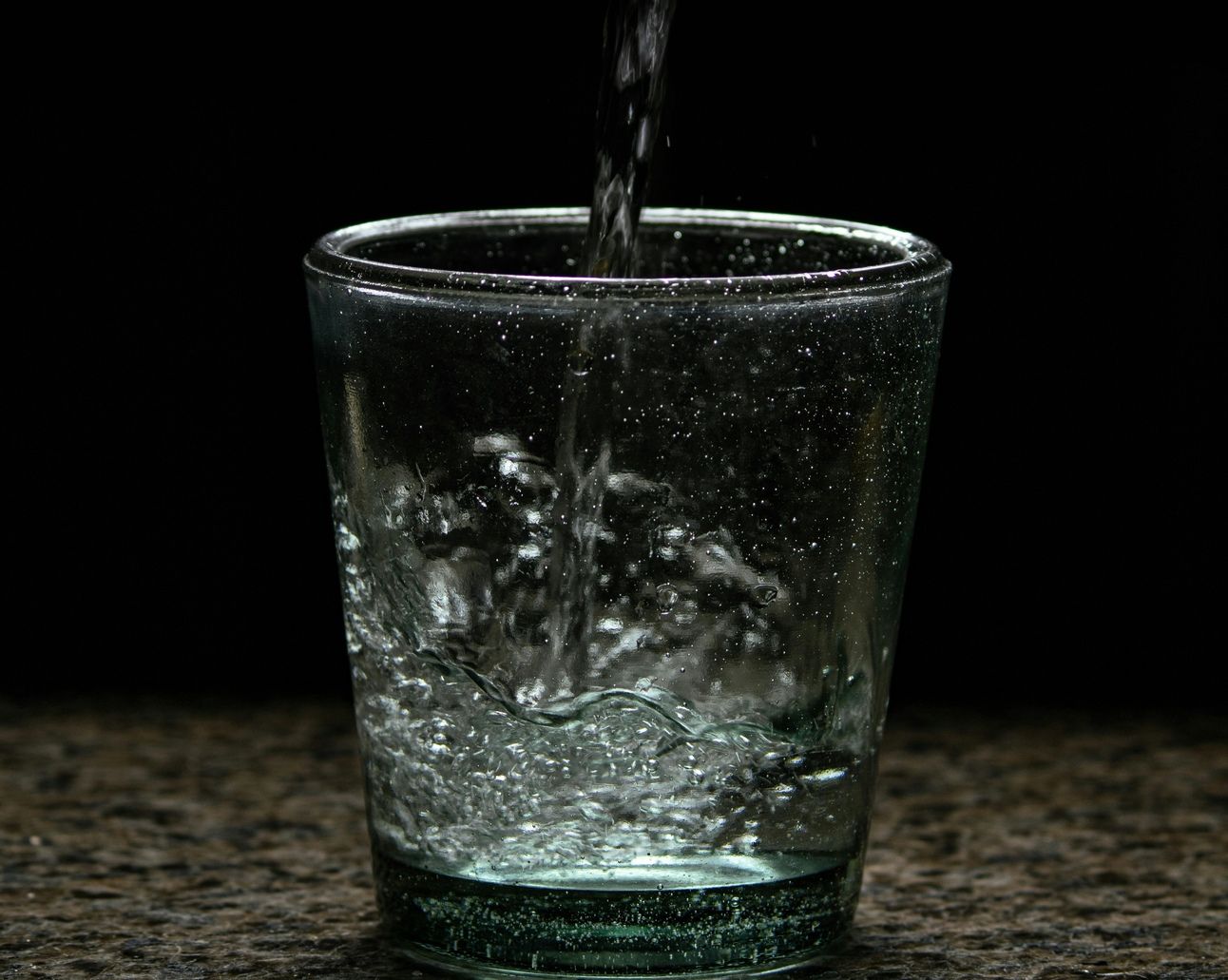- Soma Mater's Newsletter
- Posts
- SOMA Newsletter
SOMA Newsletter

Welcome to the SOMA MATER weekly newsletter.
At SOMA MATER, we specialize in delivering comprehensive research and advisory services with a focus on Food & Water Security and Net Zero Transition in the MENA Region. In order to support our subscribing clients in navigating these topics and understanding the regional narrative, we produce monthly Food and Water Security and Net Zero Transition Intelligence Reports, along with our in-depth analysis and insights.
This weekly newsletter highlights the top 3 stories from the past week in Food and Water Security and Net Zero transition, along with SOMA MATER's analysis and perspective.
How do Kuwait and Egypt differ in their waste management progress, and what challenges do they face?
What is the International Maritime Organization (IMO)'s new global emissions tax for shipping and how will it impact the industry's efforts to reduce greenhouse gas emissions?
What are the main challenges and solutions being implemented to address water scarcity in the MENA region?
Sustainably yours,
The SOMA team
Waste Not, Want Not: A MENA Waste Story
#NetZeroTransition

Waste has long been an issue in Kuwait, with the country having one of the highest per capita organic waste production rates globally at 1.4 kilograms per day. The situation is exacerbated by rising consumption patterns and inadequate recycling practices, with solid waste contributing 2.4% to Kuwait's total greenhouse gas emissions. Food waste represents approximately 50% of total waste produced, with increases during Ramadan.
The country's waste management infrastructure relies heavily on three main landfills, while facing challenges across multiple waste streams. Construction and demolition debris accounts for 15-30% of solid waste, with over 90% being landfilled. Kuwait generates 8-10 million damaged tires annually, often left in unauthorized areas due to weak enforcement of recycling laws. The Environmental Protection Law attempts to address these issues with fines for illegal dumping, though 58% of surveyed people were unaware of these regulations.
Regional players like Egypt are formalizing their waste management through innovative partnerships. As of today, Egypt lacks a formalized system for waste collection and recycling. SIG has collaborated with Plastic Bank, Carta Misr, and TileGreen to establish the country's first end-to-end recycling system for aseptic beverage cartons. This introduces a blockchain-secured platform for waste collection, enabling transparent tracking and providing economic opportunities for waste collectors. The system includes paper fiber separation for recycled products and the repurposing of materials into durable building materials, offering a sustainable solution for the construction industry.
SOMA’s Perspective:
Kuwait and Egypt, although sharing the same region, present contrasting stories in waste management. While Kuwait faces a growing crisis, Egypt is taking steps to formalize its waste management approach. Across the Arab world and MENA region, waste management has become increasingly important as development and quality of life improve. Yet within these challenges lie opportunities for solutions.
Sources:
All Hands on Deck: New Emissions Tax Charts Course for Cleaner Seas
#NetZeroTransition

Major shipping nations have agreed to implement the first global greenhouse gas emissions tax, setting a minimum fee of $100 per ton for emissions above certain thresholds. The International Maritime Organization (IMO) anticipates this measure will generate $11-13 billion annually, which will be directed towards a net zero fund supporting green shipping technologies and rewarding low-emission vessels. Over the last decade, shipping emissions have risen to approximately 3% of global emissions, driven by larger vessels that transport more cargo but consume vast amounts of fuel.
The agreement is scheduled to take effect in 2027 following formal adoption in October and includes progressively stricter thresholds aimed at achieving the IMO's goal of industry-wide net zero emissions by 2050. The initiative also establishes a new emissions control area in the North-East Atlantic Ocean, imposing stringent controls on ships traveling through ports in the UK, Greenland, France, and the Faroe Islands.
While the agreement has gained support from 63 nations, including China, Brazil, and many European states, it faces opposition from 16 countries led by Saudi Arabia. The mechanism is expected to deliver an 8% reduction in absolute emissions by 2030, falling short of the IMO's 20% target. For emissions exceeding stricter thresholds, the fee increases to $380 per tonne. Several small island nations, despite being early advocates for the agreement, were among the 24 countries that abstained from voting.
SOMA’s Perspective:
Global logistics (including shipping and air freight) binds the world together, but conducting business globally comes with a carbon cost. Decarbonizing this sector is crucial for achieving scope 3 emissions reductions and advancing the overall net zero transition. The implementation of this emissions fee is an encouraging sign that there's genuine commitment to decarbonization. However, while the fees target shippers and shipping companies, we must also consider the role of ports and logistics centers in this transformation.
Sources:
Drops of Hope: Making Every Cubic Meter Count
#FoodandWaterSecurity

The MENA region is the world's most water-scarce area, with an average annual per capita water availability of 480 cubic meters – below the global average of 5,500 cubic meters and the absolute water scarcity threshold of 500 cubic meters. The situation is particularly dire in countries like Jordan, where water availability is a mere 84 cubic meters per capita annually, leading to rationing that leaves households with access to water for only 12-24 hours per week. The region's challenges are set to intensify, with population growth expected to increase from 500 million to 700 million by 2050, while climate change could reduce GDP by 6-14% in some countries by mid-century.
Certain initiatives are underway across the region to address these challenges. The World Bank has committed $2.57 billion to water-related projects. In Morocco, the Resilient and Sustainable Water in Agriculture project is modernizing irrigation systems and improving water governance in the Chtouka area. Egypt's Sustainable Rural Sanitation Services Program is extending improved sanitation to citizens in the Nile Delta, while Jordan's Water Sector Efficiency Project aims to reduce substantial water losses, where over 50% of municipal water is currently lost through leaks or unpaid usage.
Desalination is emerging as a critical solution to water scarcity in the MENA region. The market is set for accelerated growth over the next 5 years, with planned capacity additions of approximately 40,000 MLD (megaliters per day). Notable improvements in the sector include a sevenfold reduction in energy consumption since 1970, the development of more compact and efficient units through AI integration, and enhanced environmental considerations in facility operations. The MENA region has a long history of leadership in water technology.
SOMA’s Perspective:
Water security is emerging as a defining topic for the MENA region. Increasing water demand and limited resources positions water at the forefront of regional policy and economic considerations. While oil has traditionally dominated regional discourse, water is becoming an equally critical strategic resource, especially for stability in the region. Future regional partnerships and technological innovations will increasingly revolve around water security solutions, marking a new era of water diplomacy.
Sources:
SOMA MATER is writing Intelligence Reports on the topics of Food and Water Security and Net Zero Transition. If you’d like to know more, contact us through the link below: